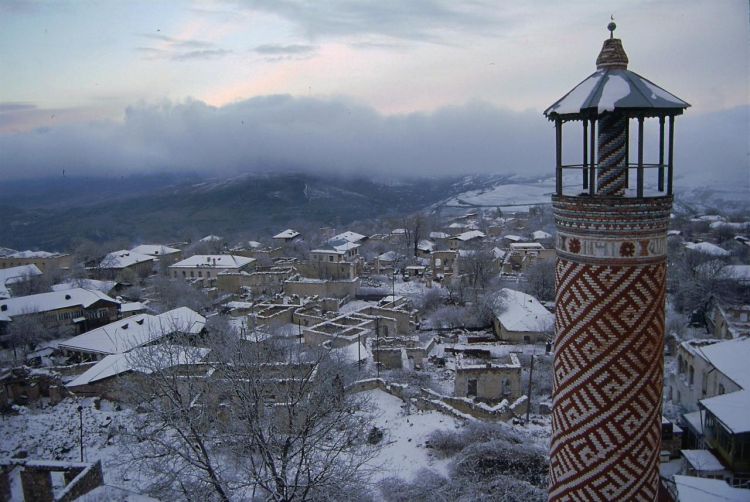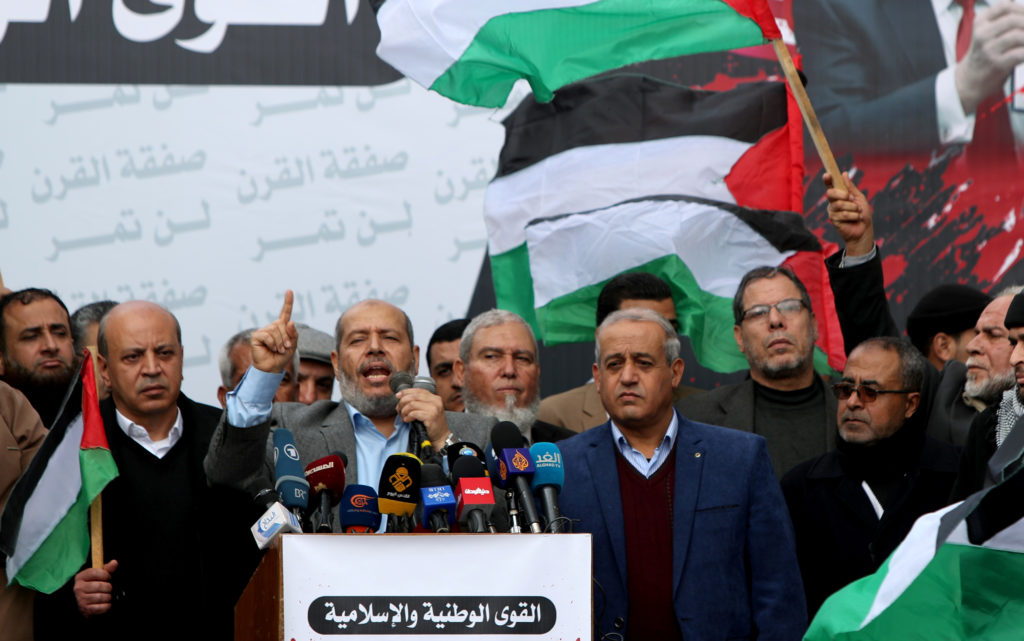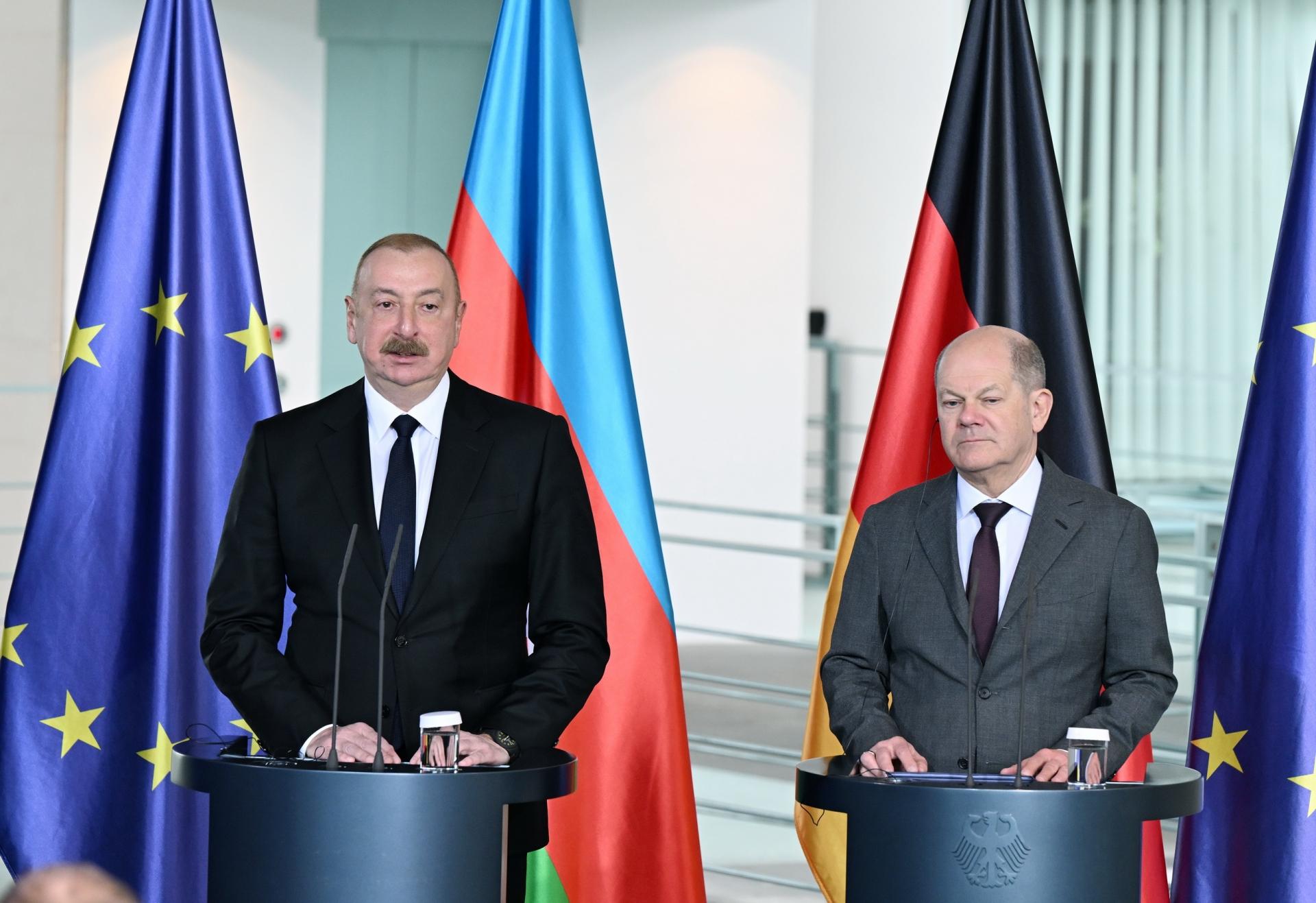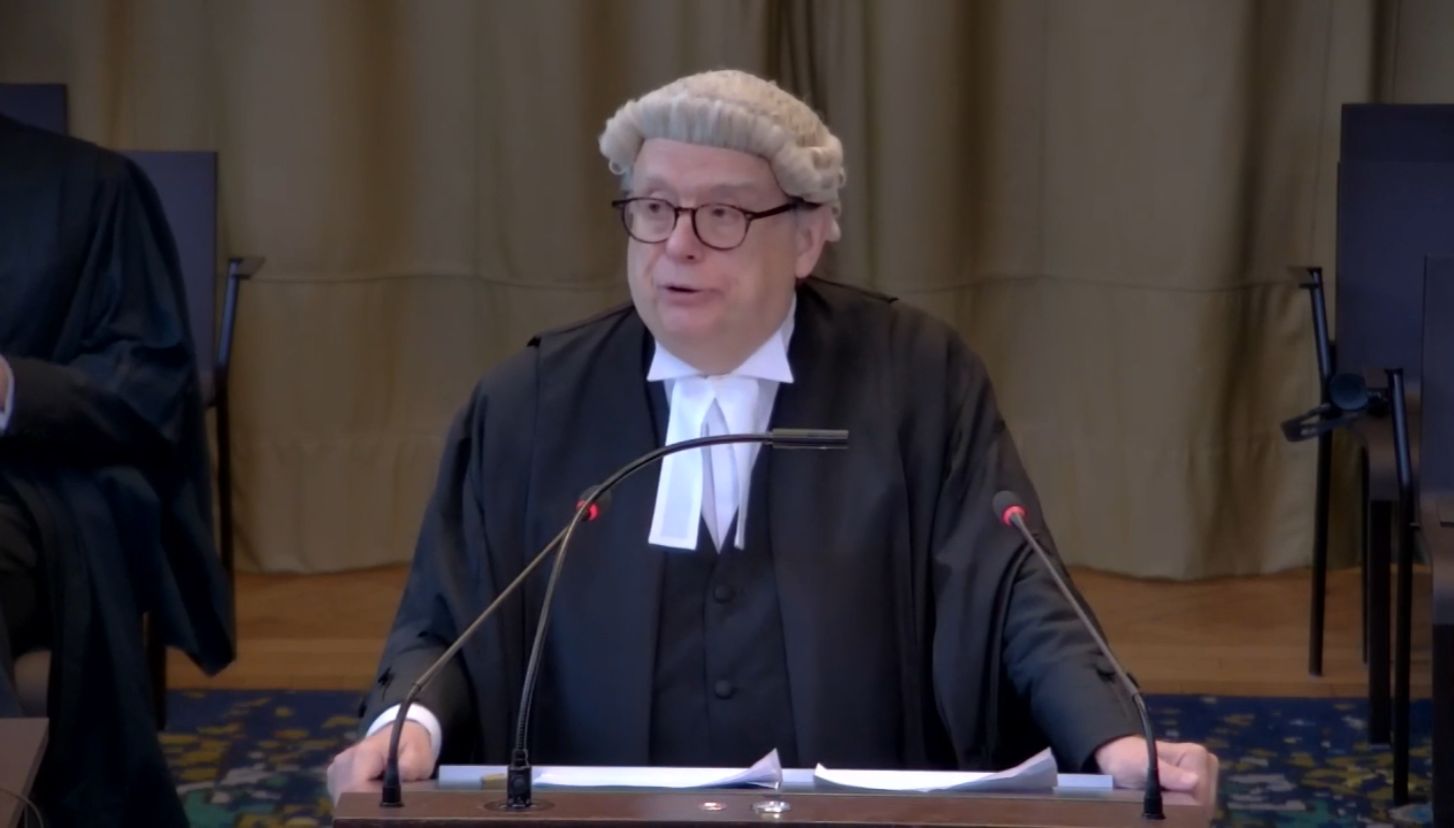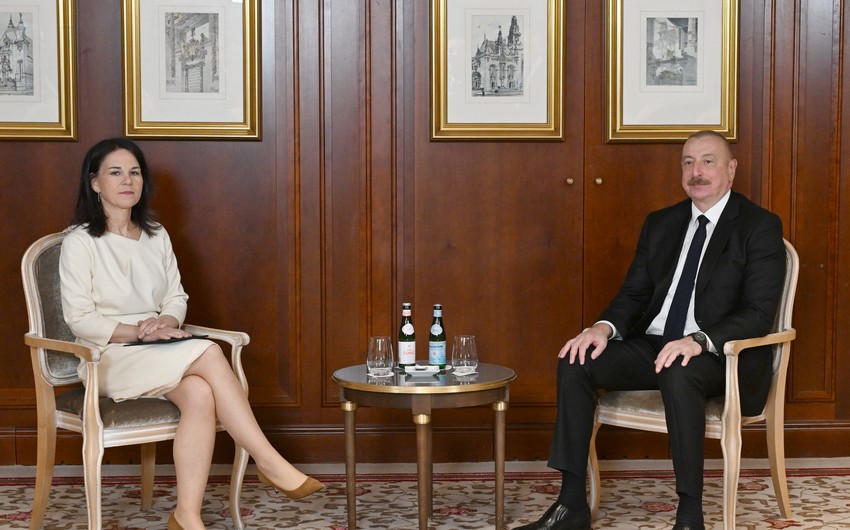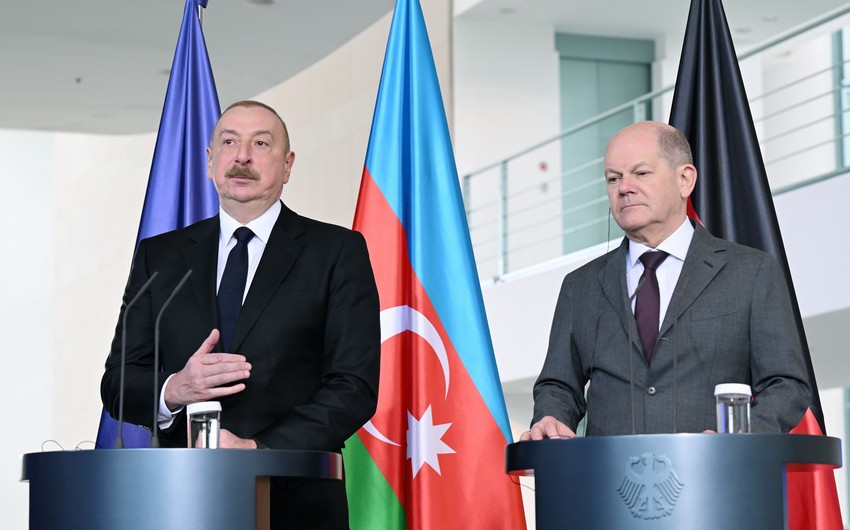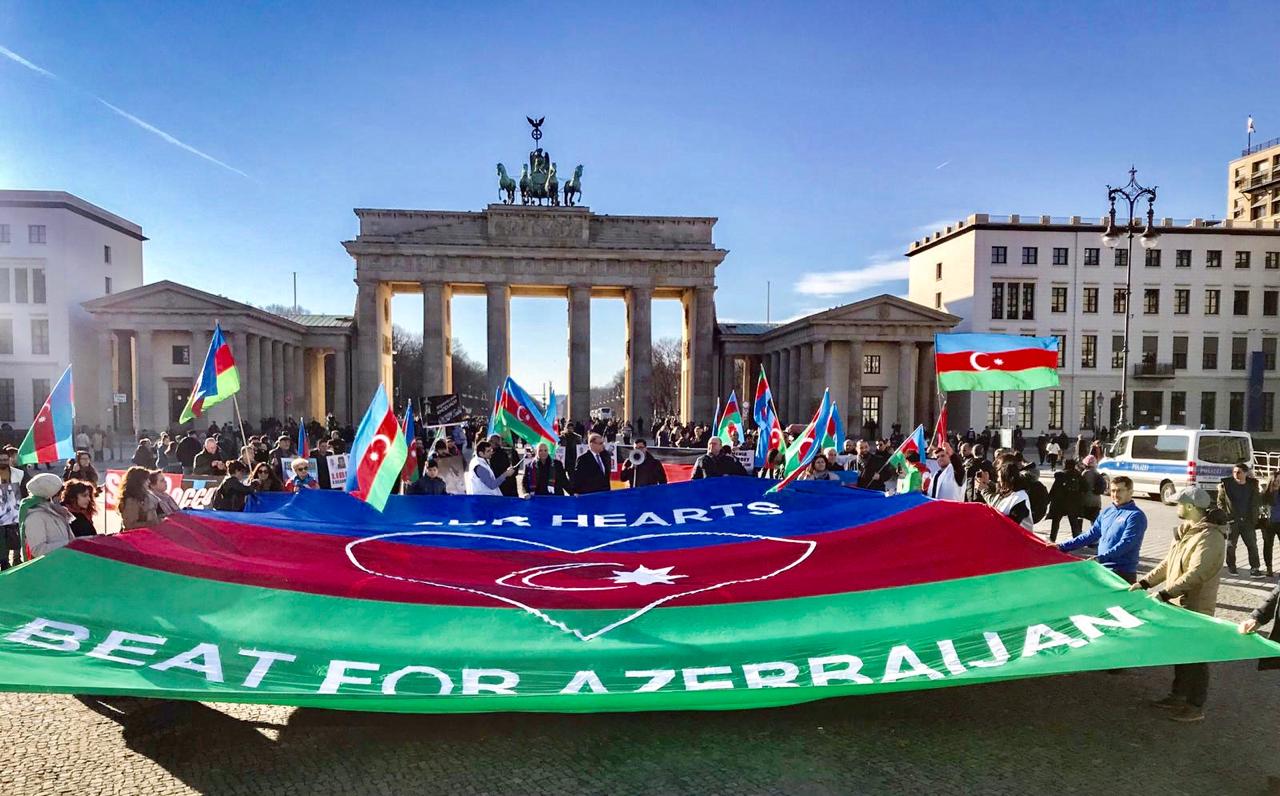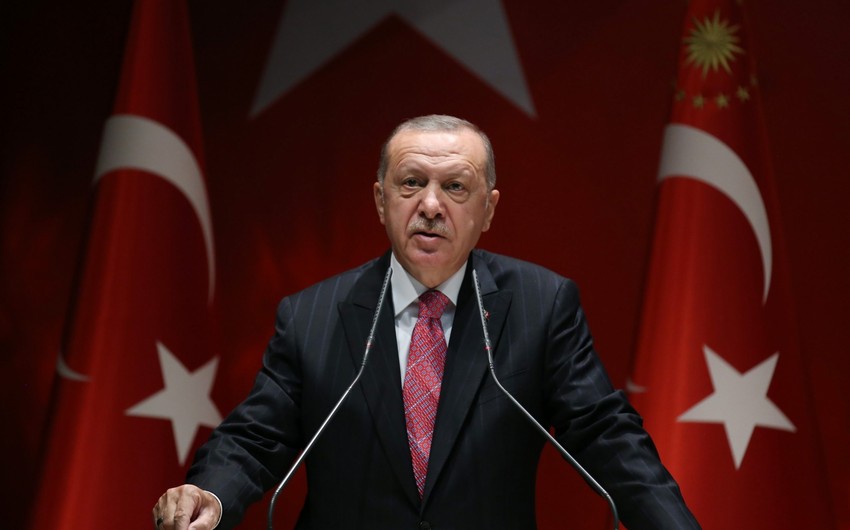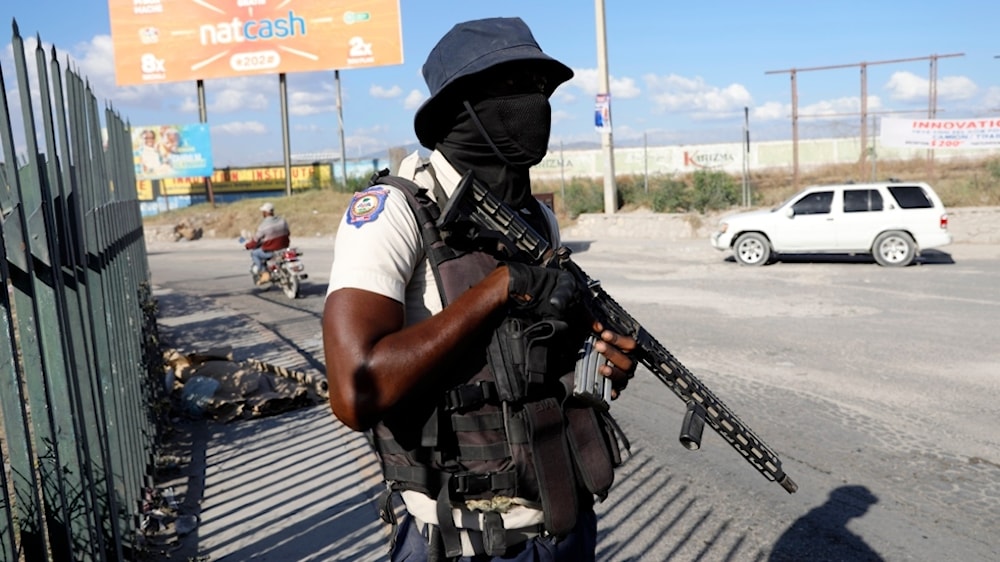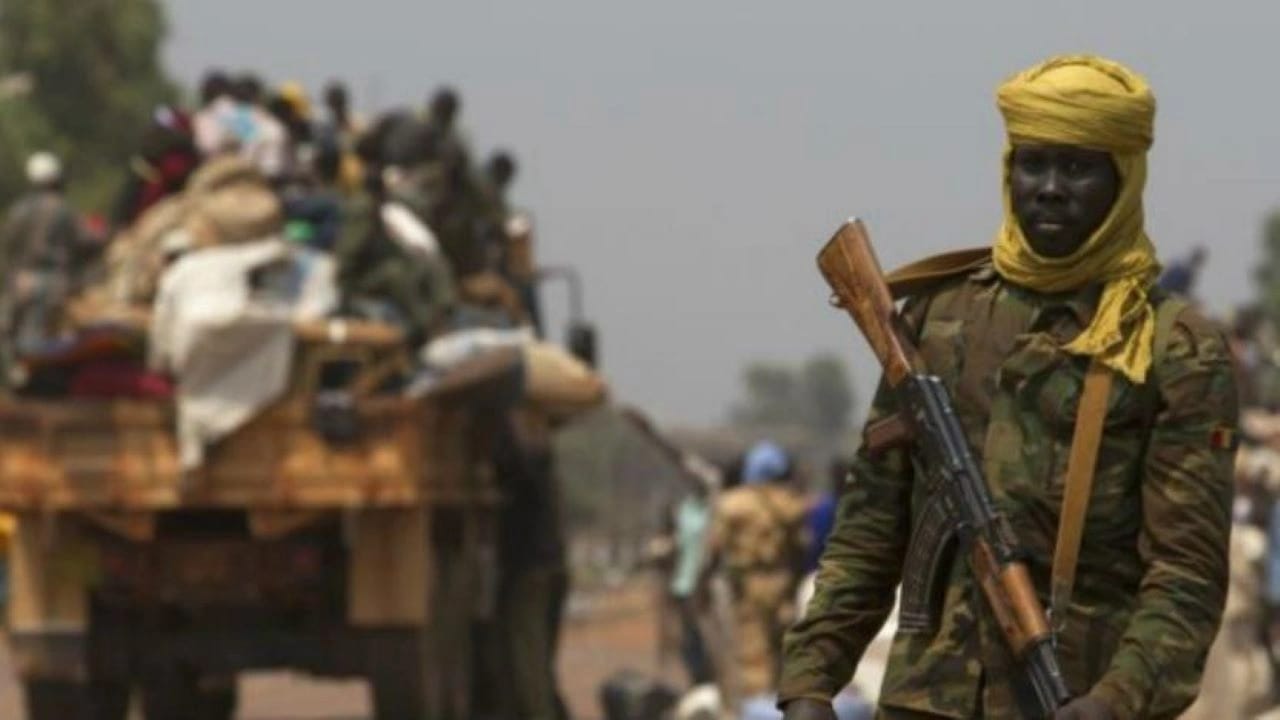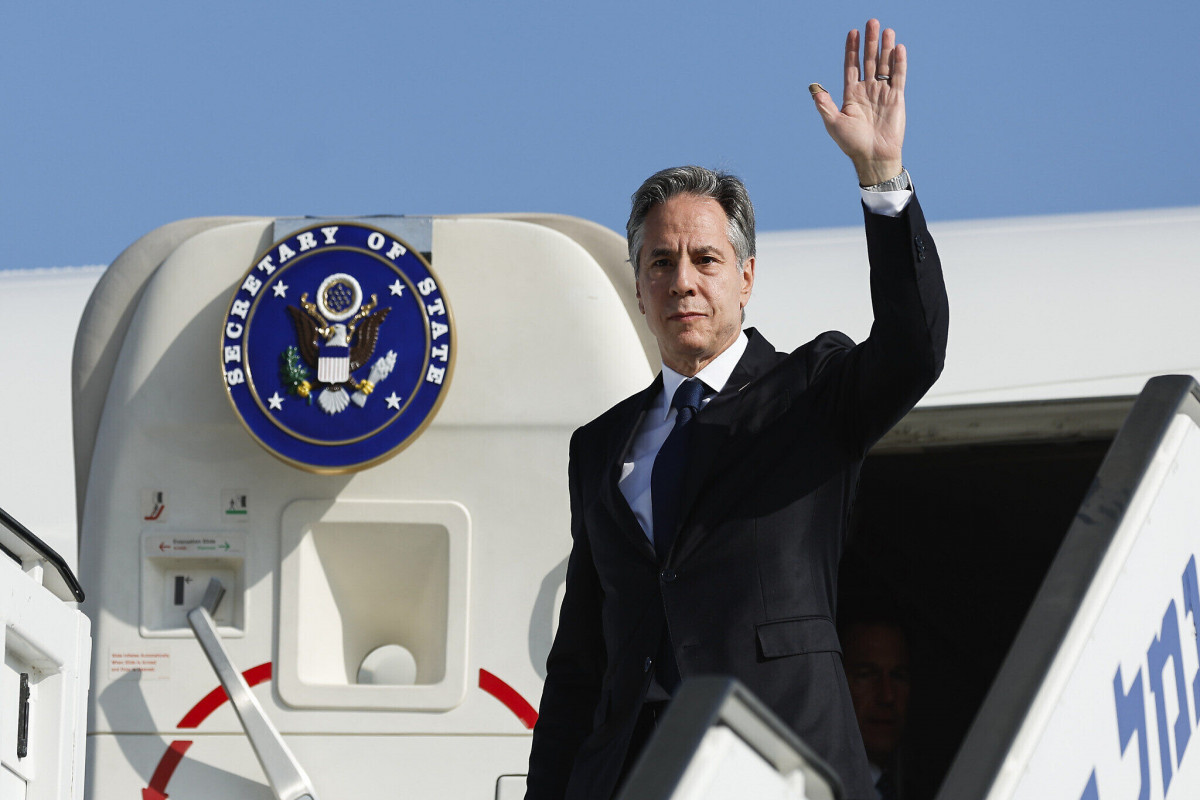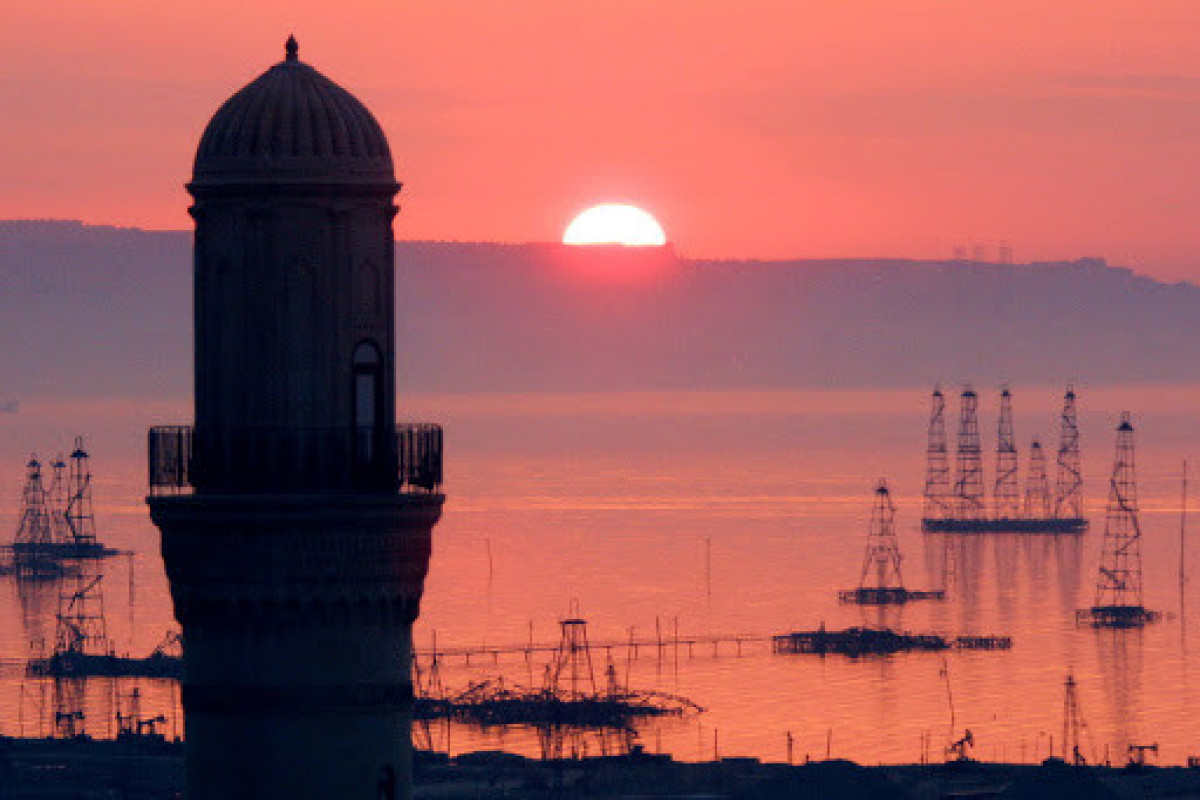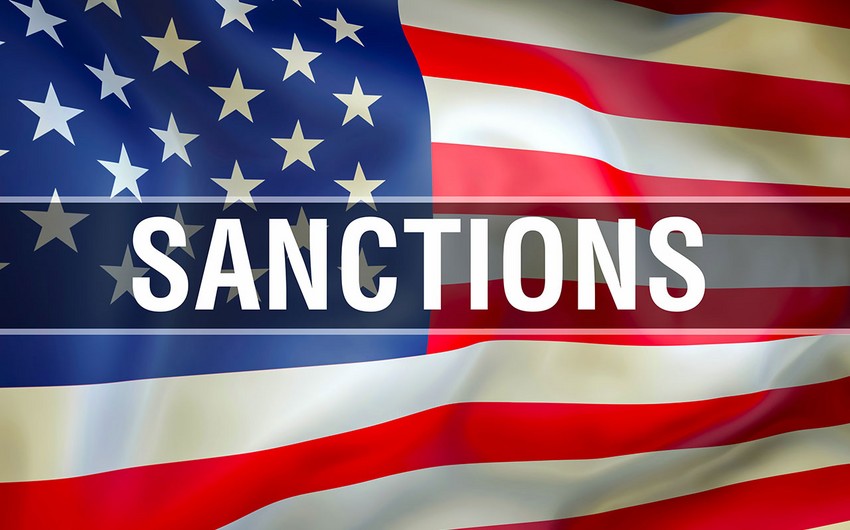Eurasia Diary presents article titled " Shusha Once Again Key to War and Peace Between Armenia and Azerbaijan" published in Eurasia Daily Monitor.
The article is written by Paul Goble, an expert on Soviet studies and Post-Soviet areas.
Analysts in the Caucasus, Russia and the West agree on one important aspect of the recent fighting between Armenia and Azerbaijan: The city of Shusha, in Karabakh, was Baku’s primary military goal; and with its fall to Azerbaijani forces, Moscow had no choice but to push quickly for an end to the fighting lest Azerbaijan retake all of the Armenian-occupied territory and capture or even destroy the Armenian army. Such an outcome would likely have sparked a massive refugee flow into Armenia, generating massive instability there. Indeed, almost all these analysts have described the city as “the key to Karabakh” both in war and peace (Vestnik Kavkaza, November 11; Kavkazsky Uzel, November 8, 10; Turan Today, November 9).
The reason for such an assessment stems, first of all, from Shusha’s strategic geographic location. Whoever controls it is in a position to militarily control all of Karabakh. The city is better situated topographically than even the regional capital of Stepanakert (Khankendi to Azerbaijanis) to dominate the surrounding area. Azerbaijan’s recovery of Shusha thus gives Baku enormous leverage over developments there, despite the presence of the Russian “peacekeeping contingent” that the just-signed Armenian-Azerbaijani truce allows for (Daily Sabah, November 10).
But for at least three centuries, the city has had broader and deeper symbolic meaning to both Azerbaijanis and Armenians; consequently, the restoration of Baku’s control over it is certain to echo far more broadly among these two national communities than would be the case if it were merely a military target. For Azerbaijanis, retaking Shusha—in contrast to Khankendi—recalls a history and geography in which they were important players in a broader Turkic world. Whereas for Armenians, it underscores their continuing loss of territory over the same period and is likely to generate a “Masada complex” among at least some of them. Indeed, one of the key sources for understanding the Armenian mentality in this regard is Franz Werfel’s 1933 novel, The 40 Days of Musa Dagh. That toponym is Turkish for what Jews remember as Masada (the site of a siege by Roman forces in 73–74 that ended in a mass suicide of the Jewish rebels holed up at this mountain fortress).
Shusha (called Shushi by Armenians) is integral to the history of both Armenians and Azerbaijanis. Consequently, any shift in control from one nation to another has always been seen as more than just a matter of territory. Rather, whenever it has changed hands, this was read by members of the two nations as an indication of their broader respective rise or fall. Such feelings have been exacerbated by the fact that, in each case, the shift in control was accompanied by inter-ethnic violence and forced population transfers. The most recent example for this occurred in 1992, when Armenian forces seized the city, leading to the departure of almost the entire Azerbaijani community residing there. That left a deeper wound among Azerbaijanis generally than the loss of Khankendi, which had a far smaller Azerbaijani population even at that time (Lenta, November 11; Gumilev-center.ru, November 9).
But the sense of loss or gain reflects more than the violence and shifts in the ethnic composition of Shusha/Shushi. Notably, the two nations stress dramatically different parts of the history of the city. Armenians point to the appearance of missionaries of the Armenian Church there in the early 15th century, while Azerbaijanis remember the rise of a Turkic khanate there in the 17th century, a proto-Azerbaijani statelet that developed first under Persian and then under Russian rule. Both sides agree that Shusha/Shushi, as recently as the 19th century, ranked third—after only Baku and Tiflis (Tbilisi)—as a cultural center in the South Caucasus; and they acknowledge that, at the time, the city was approximately equally divided between ethnic Armenians and Turks, as the Azerbaijanis then referred to themselves.
With the rise of nationalism in the early 20th century among both Armenians and Azerbaijanis, the two clashed violently. The first serious fighting erupted in 1905–1906. This struggle grew into a real war in 1918–1920, resulting in a large number of casualties and an even larger number of refugees. As a result, both Baku and Yerevan saw an influx of new residents who had invested Shusha with intense national meaning.
After Turkey surrendered in World War I, the British military kept the two communities apart; but when it withdrew, hostilities between them flared anew. The fighting in the spring of 1920 resulted in the death or flight of the Armenian half of Shusha’s population—some 23,396 people in all. The establishment of Soviet power and its decision to assign Shusha to an autonomous formation within the Azerbaijani Soviet Socialist Republic (SSR) quieted the violence but did not end the tensions, which broke out anew at the end of the 1980s and have persisted ever since.
The continued import and relevance of this shared history, particularly in the wake of the latest ceasefire arrangements, were reflected in a recent report by the Moscow-based Lev Gumilev Center. Last May, Armenian Prime Minister Nikol Pashinyan came to Shushi/Shusha and danced in the streets there on the occasion of the 27th anniversary of Armenia’s taking control of the city. But this week, with the loss of Armenian control, Azerbaijani President Ilham Aliyev said that Pashinyan’s behavior then set the stage for Baku’s victory now (Gumilev-center.ru, November 9).
In the coming days, most observers will be watching to see how Azerbaijanis and Armenians respond to Russian peacekeeping operations. That is important. But how Azerbaijan restores its control over Shusha and how Armenians react may say far more about the future of this conflict. The city has long been a barometer of tensions between the two nations, and there is little reason to think that is about to change.

